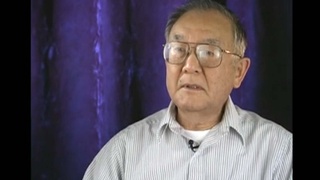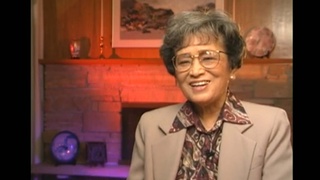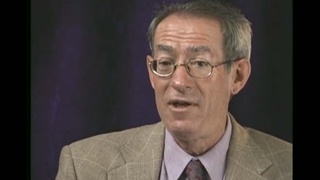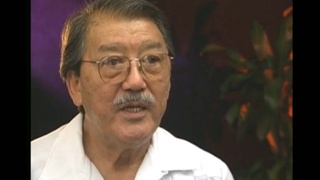Interviews
Legacy of redress
I think the real legacy will be that in the United States, if you do something drastically unjust, that there has to be a redress for that. I think people will demand it and that people are entitled to it. And I think what happened is that, it’s important because the U.S. government, while they did redress the Japanese Americans, it means that it’d be much less likely that a similar type of thing could happen again because the first thing they would think of is, you know the last time we did this, look what it cost the government. Look what we had to do. And I think that will remain in the people’s consciousness, so that this makes a similar type of action much less likely to happen in the future. It’d be much less likely to happen in the future. It’d be much easier for it to happen, if nothing was done.
Date: July 1-2, 1998
Location: California, US
Interviewer: Mitchell Maki, Darcie Iki
Contributed by: Watase Media Arts Center, Japanese American National Museum
Explore More Videos

Evolving History
(1929 - 2014) One of the earliest proponents behind the redress movement.

Need for Monetary Compensation
(1923–2008) One of the leaders behind the redress movement.

Erasing the Bitterness
(1923–2008) One of the leaders behind the redress movement.




Duties of the Witness Chair
Chaired the Chicago JACL's Redress Committee.







Figuring out a dollar amount for redress
Judge, only Japanese American to serve on CWRIC.

Deciding to serve on the CWRIC
Judge, only Japanese American to serve on CWRIC.
